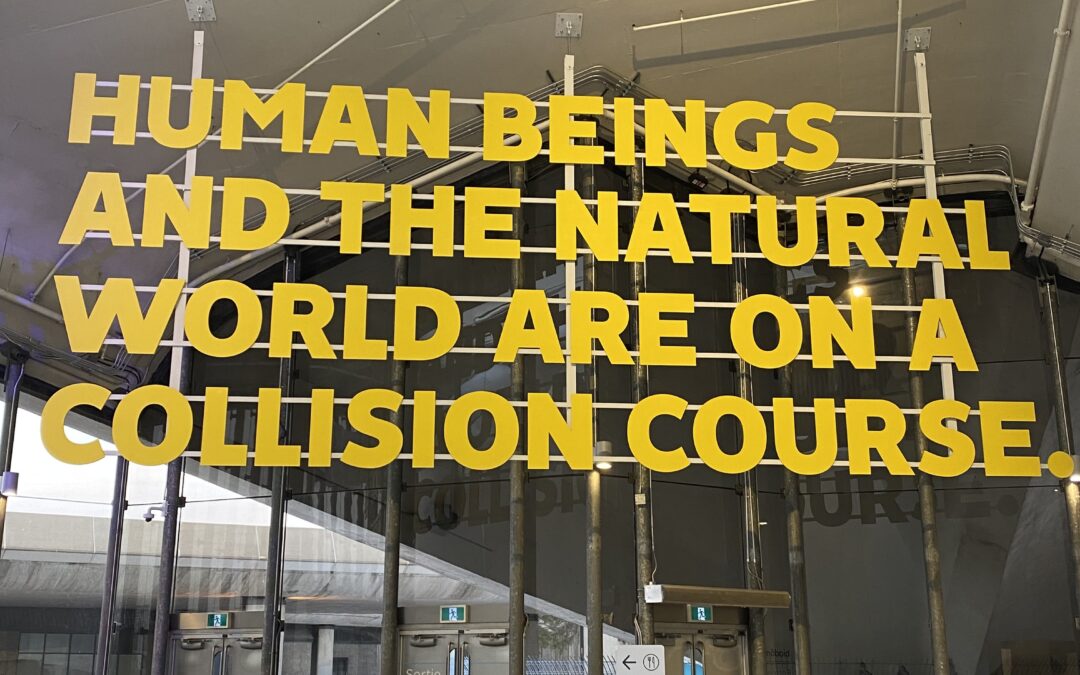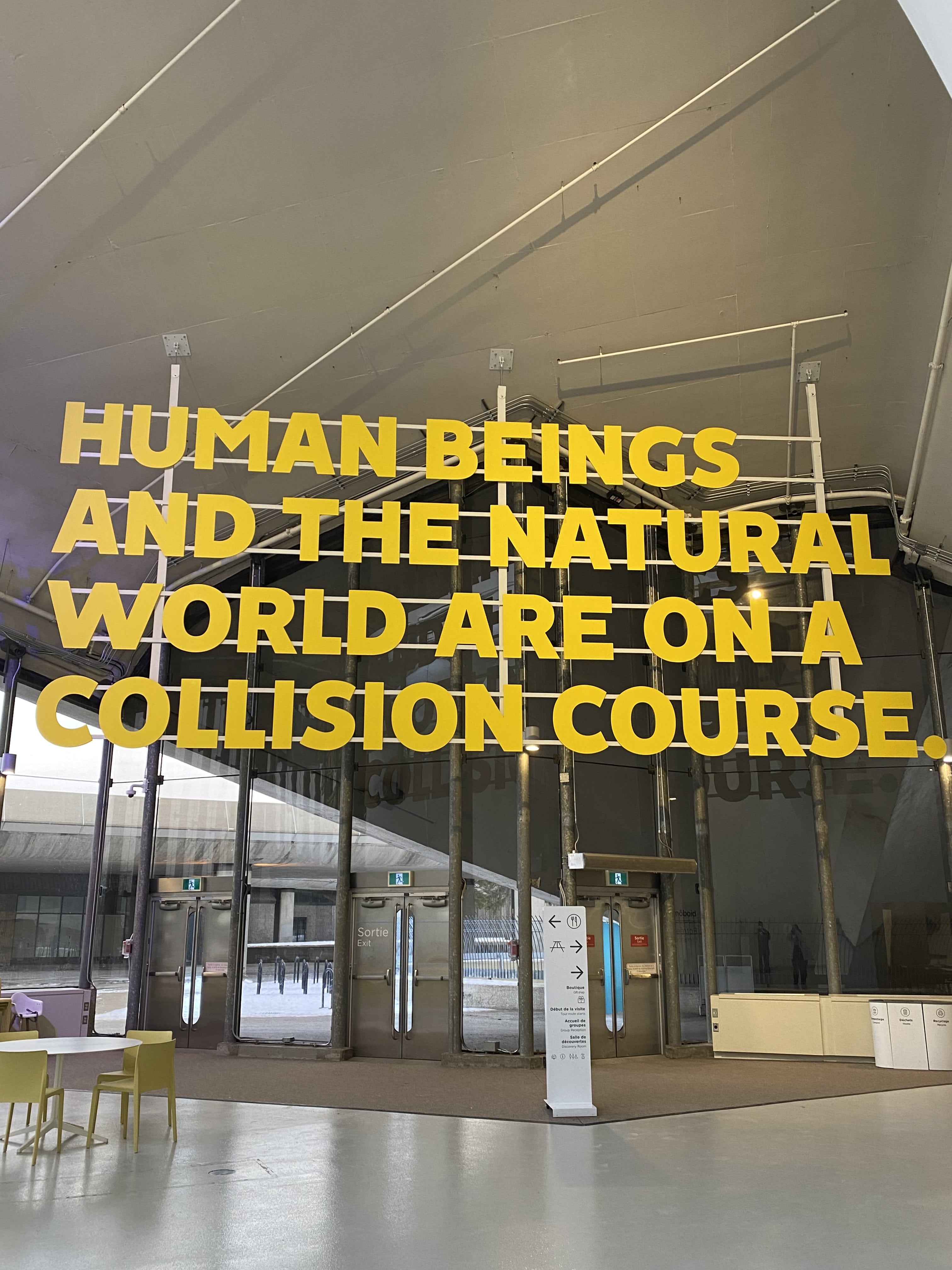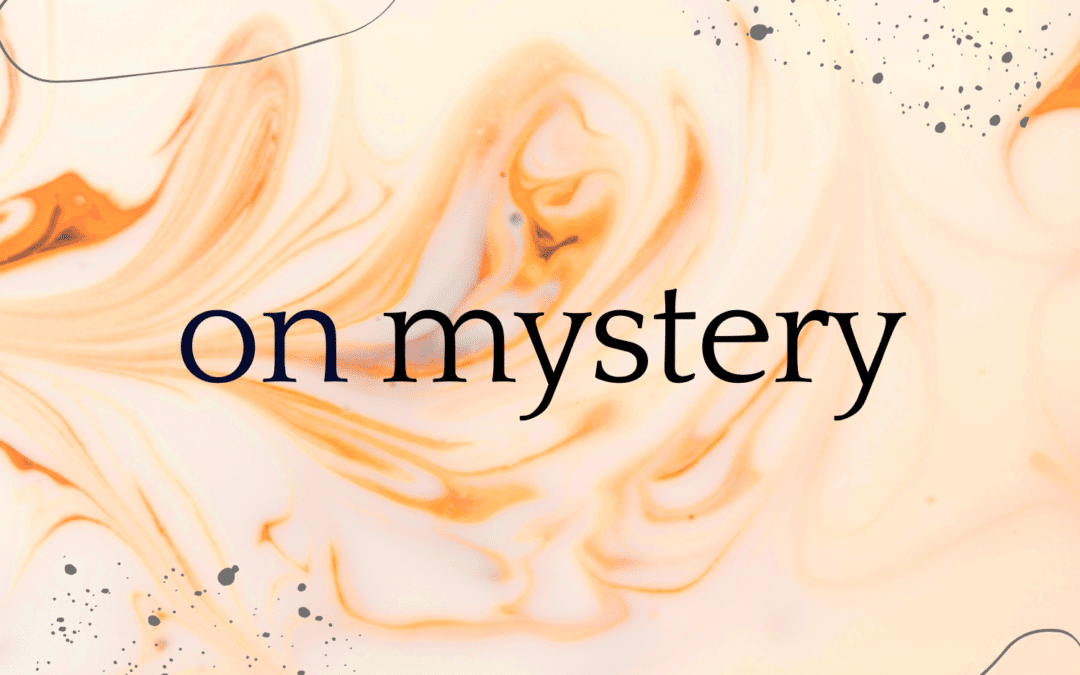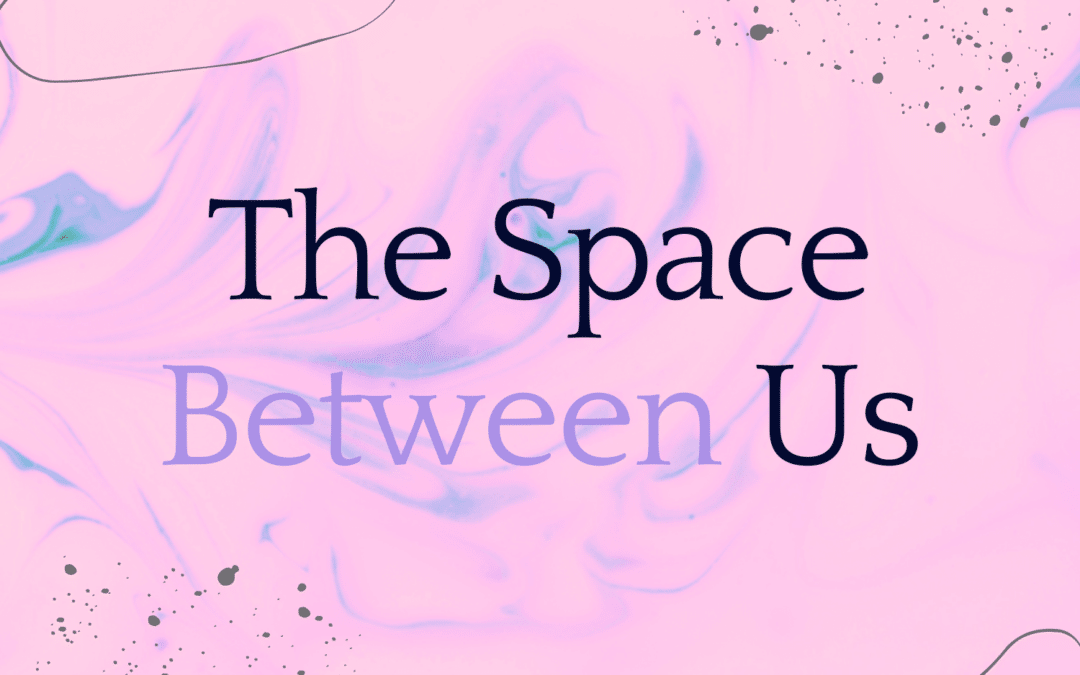
Name the System

The most recent example I’ve seen (sorry North America!) is the basically-mandatory tipping culture here, solving the low wages of the service industry & gig economy with the individual responsibility of the consumer.
But this takes place in bigger ways too.
Take burnout: the rate of burnout we see in the world today is not a result of individual failings or ‘not toughing it out’. It’s a result of work & financial systems radically out of sync with our wellbeing. #capitalism
Or mental health: the rate of emotional distress & anxiety we see in the world today doesn’t lie just with individual circumstance, but with a planet increasingly in turmoil, compounding generational trauma and disconnection from community, meaning and the language of our emotions. (And if you haven’t read this article yet, I recommend it, or another interesting one here).
Climate change is another great system problem sold to us as an individual problem. If we just recycled more, bought solar panels & LED lightbulbs the sixth mass extinction surely wouldn’t be happening.
There’s also rising debt and stagnant incomes.
Inflation and retirement age.
The list goes on.
And there’s a problem with framing system problems as individual ones.
First, the status quo remains. Nothing really changes because we need to be working collectively as well as individually.
Second, the emotional weight this causes. When we download the weight of collective systemic injustice onto individuals, the results become obvious:
Apathy. Burnout. Overwhelm. Stress. Scarcity. Resentment. Feeling stuck.
So what can we do about this?
A lot. But we start with recognising and naming the system.
If you’re wondering whether something has collective roots to it, you can ask:
1. Who or what benefits when I have this problem?
2. Is this feeling or experience shared across a large or increasing percentage of people?
3. If this problem were magically gone tomorrow, what would be different in the world?
Once we recognise system roots, we can start to do the work of 𝑮𝒆𝒕𝒕𝒊𝒏𝒈 𝑭𝒓𝒆𝒆.
Because system problems need system solutions, but they also have a mindset attached from where we can begin.
Because until we change the thoughts, attitudes & mindsets that uphold the system, we’re destined to recreate it.
Until we challenge the beliefs that hold it in place, we’re unable to imagine a more just or regenerative world.
So if you’re noticing burnout, perfectionism, imposter or ‘not enough’ syndrome – start taking a look at where the roots might be in culture, and how we can start to challenge them.
***NB: Experiences referenced here like burnout & mental health are complex, and often have roots in both the personal and cultural. This message speaks to our relationship to culture, but recognises each individual experience is different.
Laura x


 I saw this sign in Montreal recently, & want to talk about why rhetoric like this is so problematic.
I saw this sign in Montreal recently, & want to talk about why rhetoric like this is so problematic. 



 I came across a passage by Martin Shaw recently, the mythologist and storyteller, where he asked “What if we reframed ‘living with uncertainty’ to ‘navigating mystery’? There’s more energy in that phrase. The hum of imaginative voltage.”
I came across a passage by Martin Shaw recently, the mythologist and storyteller, where he asked “What if we reframed ‘living with uncertainty’ to ‘navigating mystery’? There’s more energy in that phrase. The hum of imaginative voltage.”